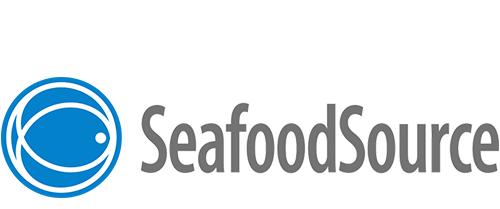Sustainability & Traceability
Hilo Fish Company ranked by SeafoodSource as one of the Top 25 in North America for Seafood Sustainability & Conservation
Sustainable Statement
Seafood is the core business of the CMU Associates, Inc. and its associated companies. Punahele is also committed to being a responsible company by using its seafood sourcing and marketing role to support responsible fishing and farming practices needed to produce sustainable seafood.
Punahele believes that the sustainability of seafood is the result of the process of understanding, monitoring and managing the ecosystem impacts of capture fisheries and aquaculture. Fisheries and fish farming are both dynamic and change can either be negative, short-sighted and unsustainable, or positive in achieving long-term sustainability while meeting a growing global demand for seafood. For this reason, a responsible company must remain vigilant to changes in fisheries and fish farming practices, and respond in a responsible manner to provide customers and consumers with sustainable seafood. Due to the dynamic nature of fisheries and aquaculture, the CMU Sustainability Statement will continue to evolve as required.
Wild-caught Domestic Seafood from American fisheries.
Punahele's policy is to source seafood products from Hawaii and other American fisheries that are fully-traceable to a U.S. fishery that is managed with defined targets for sustainability under a science-based, transparent, inclusive, responsive, pre-cautionary and accountable fishery management system. For federally-managed fisheries, the competent authority is NOAA Fisheries Service with support from one of the eight Regional Fishery Management Councils mandated by the Magnuson-Stevens Fishery Conservation and Management Act. All of our wild-caught seafood from Hawaii is traceable to fisheries managed under Fishery Ecosystem Plans developed and maintained by the Western Pacific Regional Fishery Management Council and implemented by the NOAA Fisheries Pacific Islands Regional Office.
Wild-caught Imported Seafood.
Punahele's policy is to source and import seafood that is traceable to fisheries in countries that are making verifiable steps towards responsible fishing and management systems needed to produce sustainable seafood. Many of the countries exporting wild-caught seafood to the U.S. market do not have fishery management or traceability systems equal to the intensity of U.S. fishery management. For this reason, CMU seeks to be a force for positive change in the sustainability of global fisheries. As a step to achieve this goal, CMU is actively engaged in promoting sustainable bottomfish fisheries in Indonesia through its commitment to a Fishery Improvement Project (FIP) along with the Sustainable Fisheries Partnership. Fisheries operating under a credible FIP are taking affirmative and verifiable steps towards meeting the requirements of Marine Stewardship Council sustainable seafood certification. Positive change is underway.


